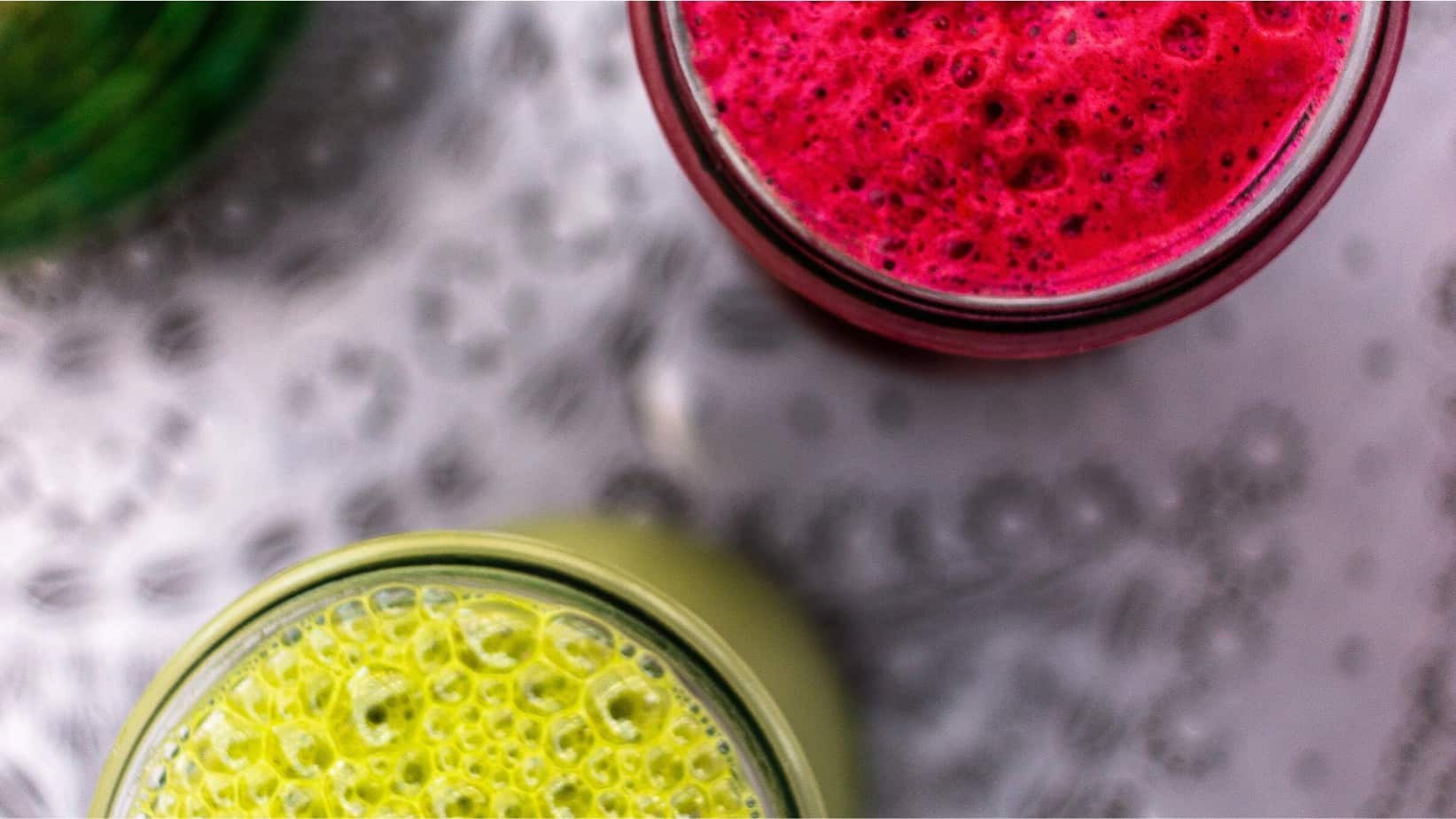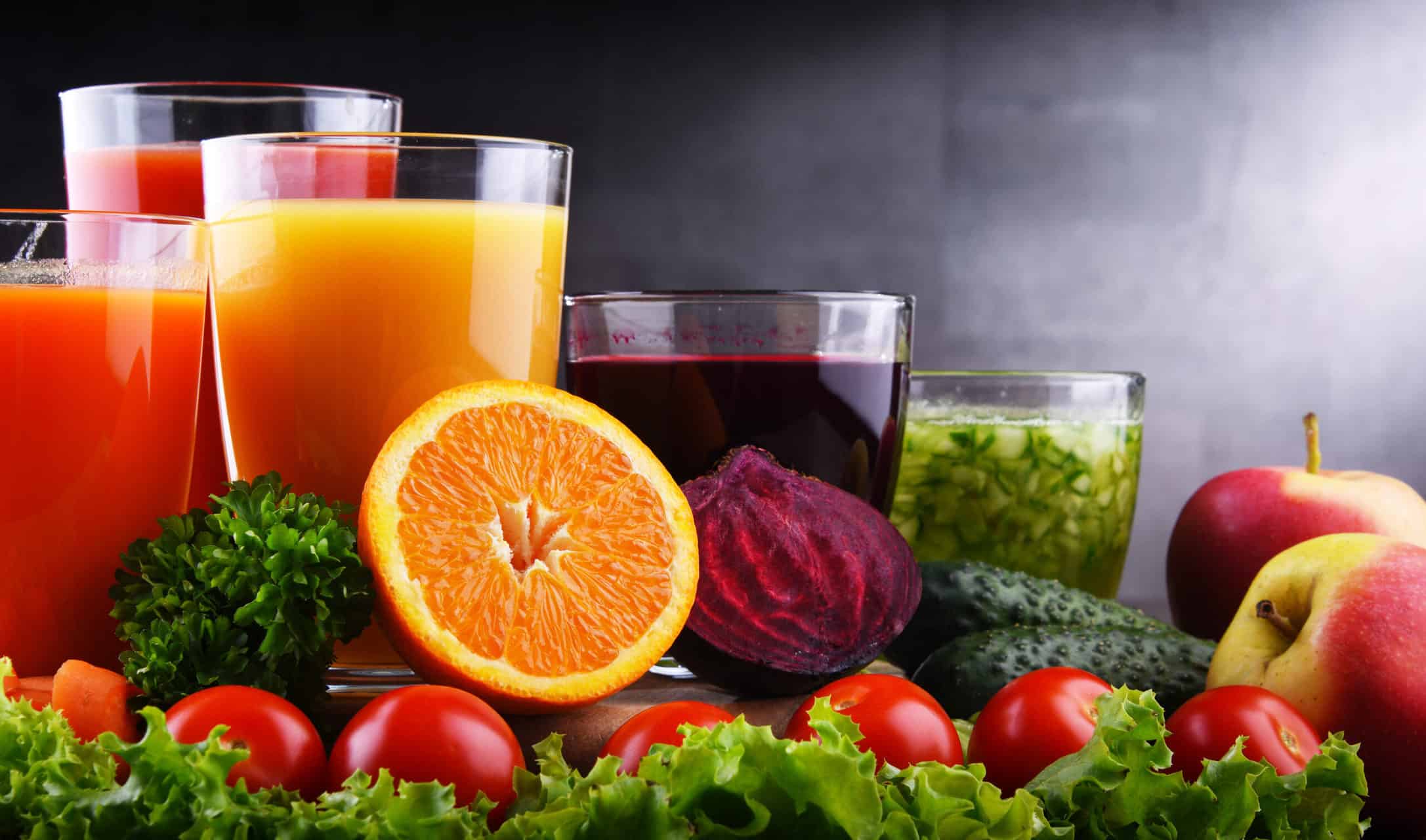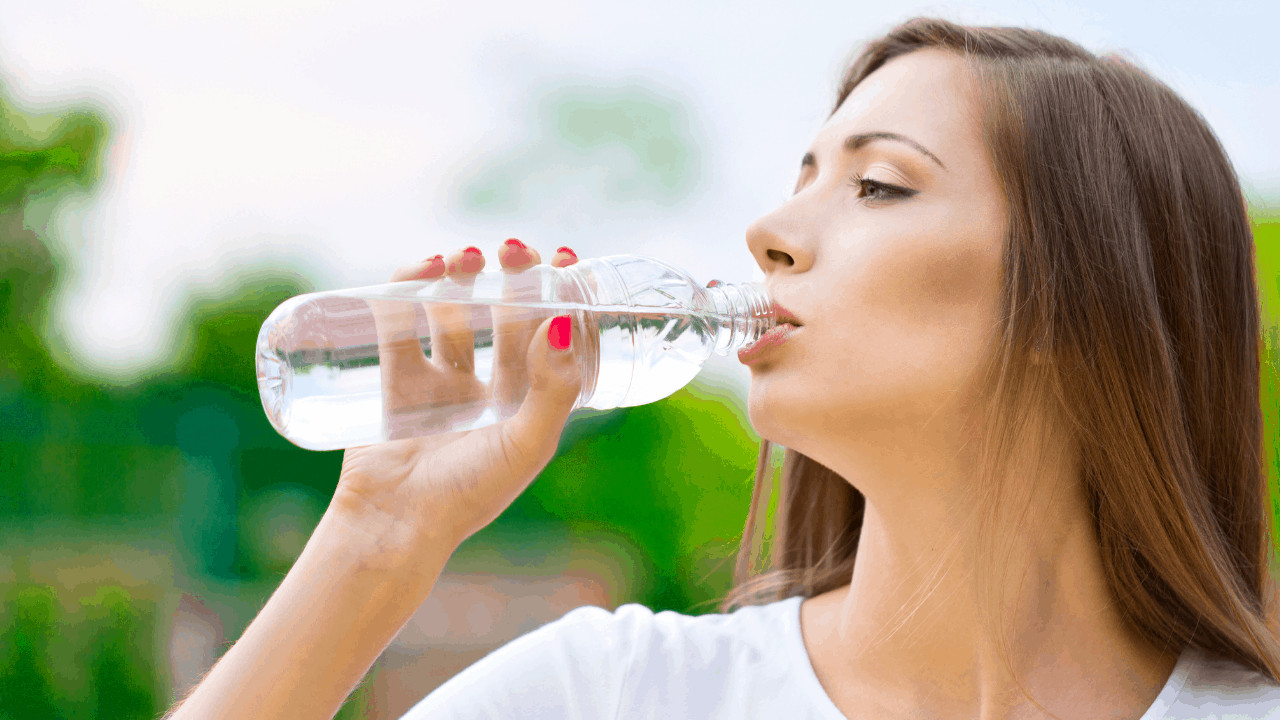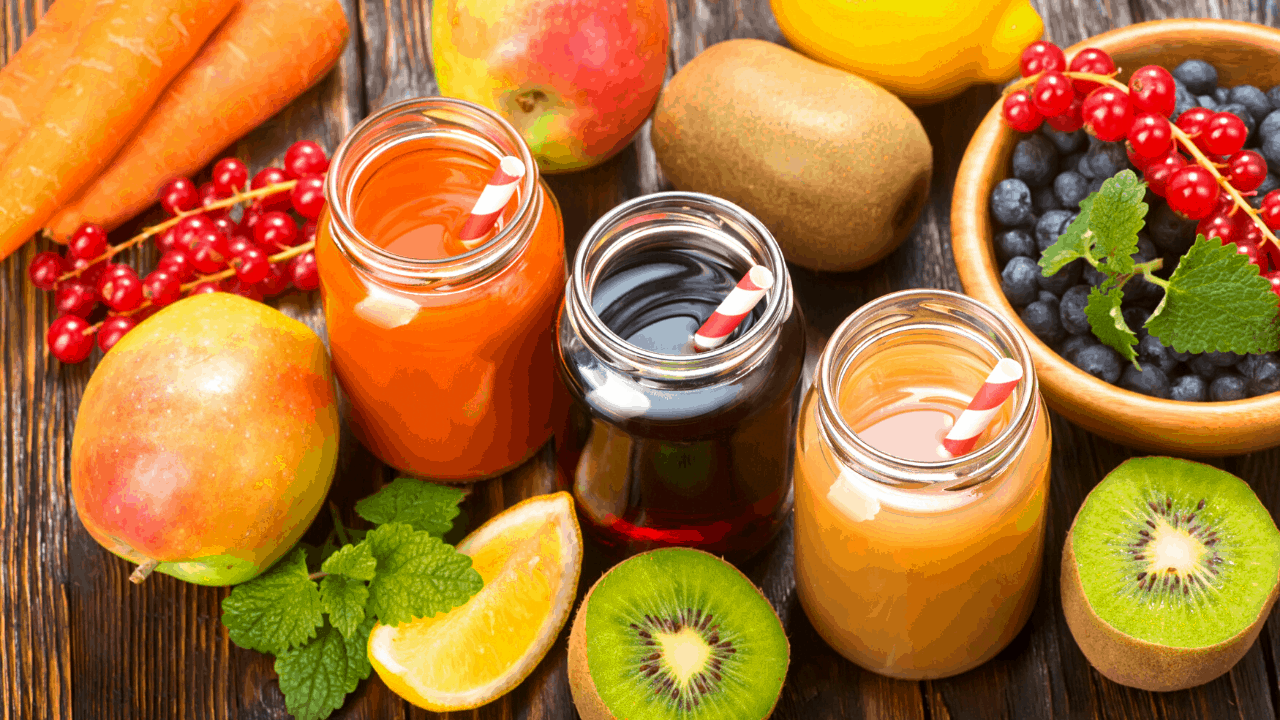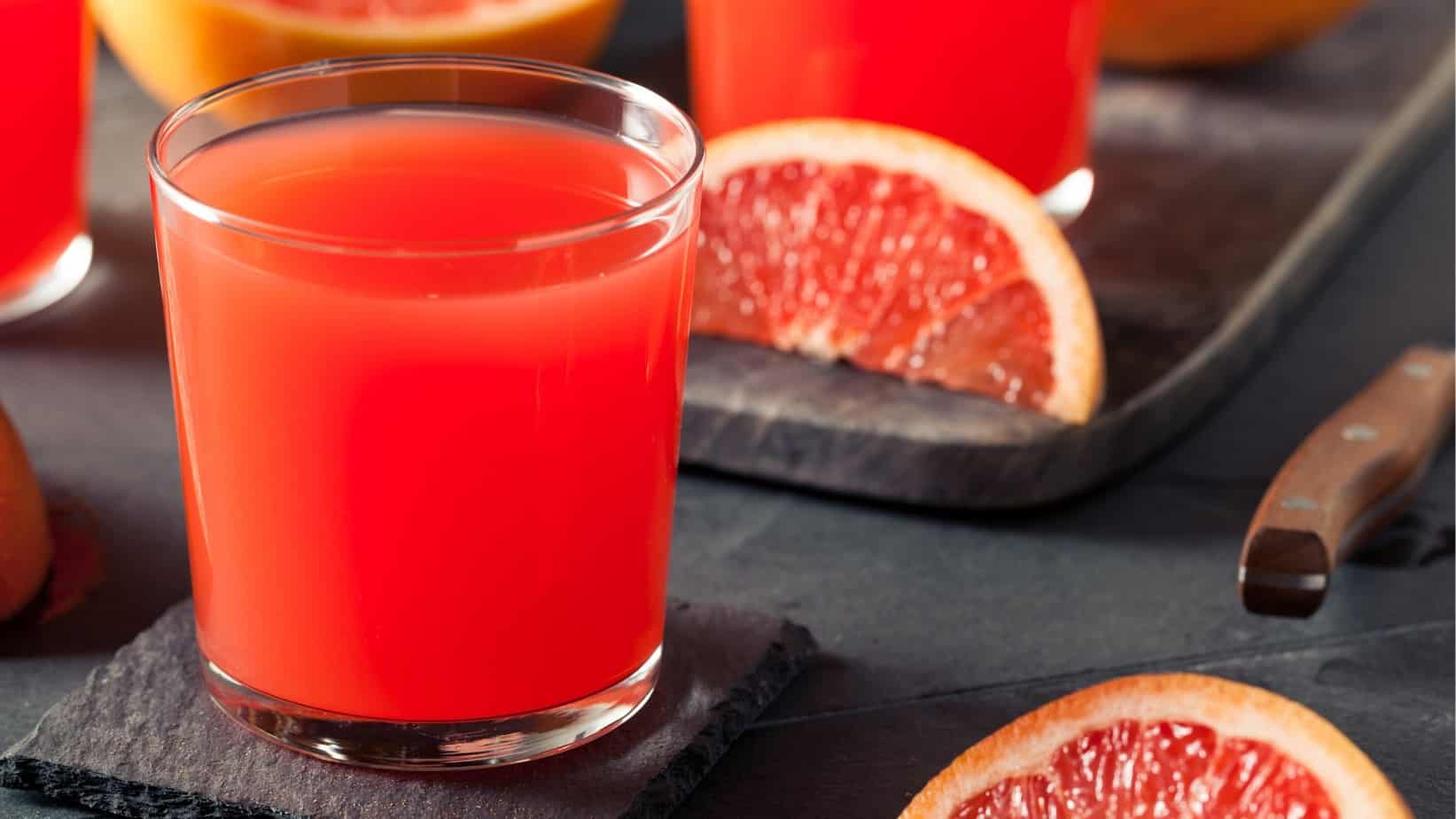What is a Diuretic?

A diuretic is something, most commonly a medication, that helps the body to rid itself of excess fluids, mainly water, and sodium. They do this by making you pee a lot. Usually, diuretics are prescribed as medication for people suffering from high blood pressure or heart issues, but there is a range of other reasons people might use diuretics.
Diuretics work by encouraging the kidneys to increase the amount of water and salt in your pee. Too much salt in the body can result in the buildup of extra fluid in the blood vessels, resulting in high blood pressure. Diuretics flush out this excess salt along with the extra fluids in the bloodstream. This process is known as diuresis.
Some medical uses of diuretics are:
- High Blood Pressure: is the most common condition that is treated with diuretic medication, often referred to as water tablets. When there is a buildup of fluid and salt in the bloodstream, diuretics are an effective way to force frequent urination and rid the body of the excess.
- Edema: Aka the medical term for swelling. Swelling occurs when the blood vessels leak fluid into the tissue. Because swelling is the result of fluid buildup, diuretics can help to redirect this fluid into the urine where it will be expelled from the body.
- UTI: Urinary tract infections occur when bacteria find their way into the urinary tract. Symptoms include a burning sensation during urination and the feeling of constantly needing to urinate. While diuretics are not commonly prescribed for UTIs, they can help flush out the urinary tract through frequent urination.
Some non-disease uses:
- Bodybuilding: Bodybuilders strive for low-fat and high-muscle mass. Many bodybuilders use diuretics while they are training to help rid their bodies of excess fluid and, thus, further define their muscle mass.
- Weight Loss: Diuretics can also help with weight loss by excreting excess body water. Many people who are looking to lose weight quickly will use a natural diuretic to get rid of any excess water weight they are holding.
- Bloating: Water retention, or bloating, can be uncomfortable and annoying. Using a natural diuretic can help you feel like yourself again in no time by ridding yourself of the excess fluid.
How Juices Work As Natural Diuretics?
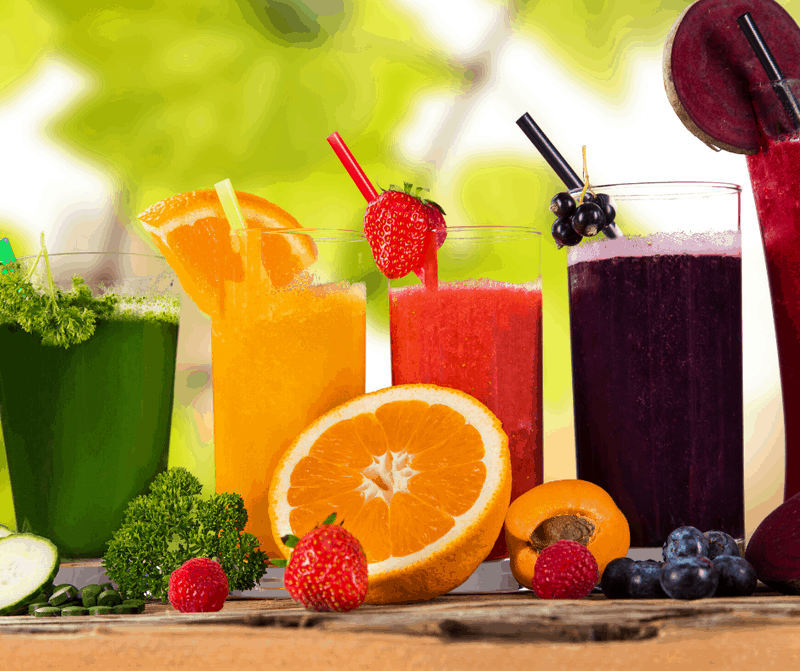
In addition to diuretic medications, several fruits and vegetables have diuretic properties, meaning that they will have the same properties when blended or squeezed into juice. The glucose in juice explains how juices can stimulate the diuresis process in the body. Sugars require lots of water in order to be processed. When you drink fruit juice, the body is forced to source water from various parts of the body. Ultimately, this increases the amount of water in the urine and can help relieve the various issues we’ve discussed above.
So, which types of juices are effective diuretics and which are not?
Is Celery Juice Diuretic?
Yes, celery root, when eaten in its solid form, is a natural diuretic. As a juice, it retains these diuretic properties. It has become an incredibly popular health drink in the past few years. Many people claim it has helped them with a range of digestion issues. It might even help with bloating and edema.
Is Lime Juice Diuretic?
Yes, lime juice can act as a very powerful diuretic. This type of juice will flush out toxins because of its high levels of bioflavonoids (antioxidants).
Is Lemon Juice Diuretic?
Yes, lemon juice is an excellent natural diuretic. Lots of people love warm or hot lemon juice. Its diuretic effects help to reduce bloating; when mixed with warm water, it can also improve circulation and reduce stress.
Is Pinapple Juice Diuretic?
Yes, the pineapple fruit does contain diuretic properties. Drinking raw pineapple juice will offer the best results. The pineapple’s proteolytic enzyme called Bromelain can increase the body’s need to urinate, but it can also increase your bowel movement rate.
Is Beet Root Juice Diuretic?
Yes, because beets are high in potassium, which means they are great at flushing out the system. Foods and fluids that are high in potassium can increase urination naturally, thus reducing fluid retention. When beets are added to a homemade juice, the juice will have some diuretic properties as a result.
Is Apple Juice Diuretic?
Yes, apple juice is a natural diuretic. Apples contain large quantities of potassium salts. Similar to beets, apples are a great way to flush out the system. Plus, apples are one of the best fruits for juicing!
Is Cranberry Juice Diuretic?
Yes, it is thought that using cranberry juice for diuretic purposes can work to encourage urination and excretion of water and sodium. There is, however, some debate about whether this juice is effective in preventing and treating UTI’s. Recent evidence suggests that this is a myth that comes from the berry’s diuretic properties. In other words, any diuretic should be helpful for UTI patients, including the diuretic cranberry juice.
Choose To Make Juices at Home
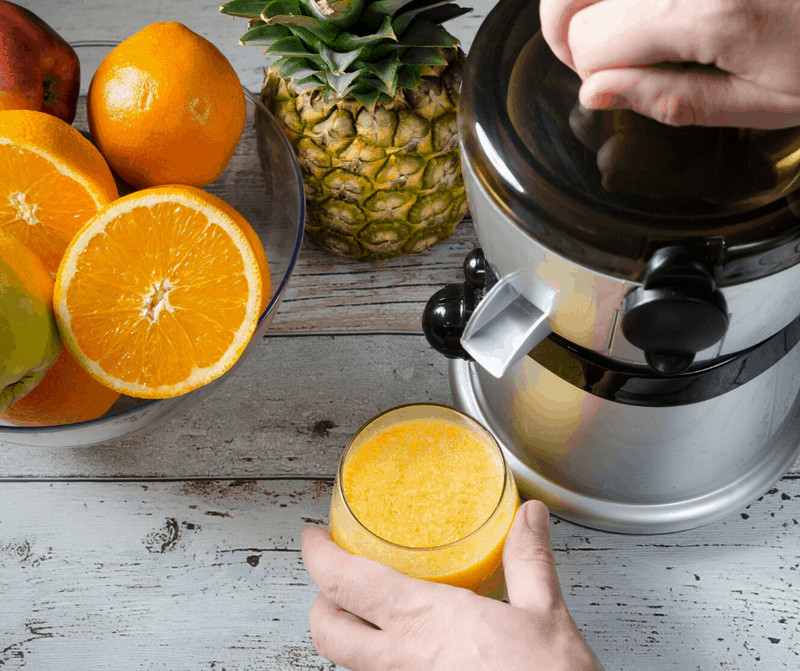
If you’re planning on pressing your own juices at home for diuretic purposes, the fruits we’ve listed above are a great place to start. Making your own juices at home will maximize the diuretic properties of the ingredients you use. Processed juices are less effective as enzymes and nutrients all but disappear during the process.
Before you dive into using juices for all your diuretic needs, it is certainly worth discussing the negative side effects. Most important of which is the fact that juices can be very high in sugar. While this high glucose content is what makes them good diuretics, too much-pasteurized juice can become incredibly unhealthy. Additionally, excess juice consumption is not a good idea for diabetics or others that require restrictions of sugars, total carbohydrates, or calories. If you do decide to embark on a diet plan that is filled with juices, try to drink homemade or cold-pressed juice, both of which tend to have a higher overall nutritional value than other store-bought juices, although still exceeding the recommended sugar intake if not used sparingly.
All diuretics come with some potentially negative side effects. The list includes:
- Potassium deficiency
- Low sodium levels
- Headache
- Thirst
- Higher blood sugar
- Cramps
- Diarrhea
Other Natural Diuretic Drinks

If you’re looking for some other beverages to add to your routine, here are a few that have diuretic properties:
- Coffee
- Green and black tea
Closing Thoughts
To summarize, juices can be an excellent natural diuretic! However, it is important to make note of the downsides and try to use juice in moderation to avoid health problems related to excessive sugar consumption. If you are concerned about water retention, visit your local doctor to discuss the best option for your body type.

